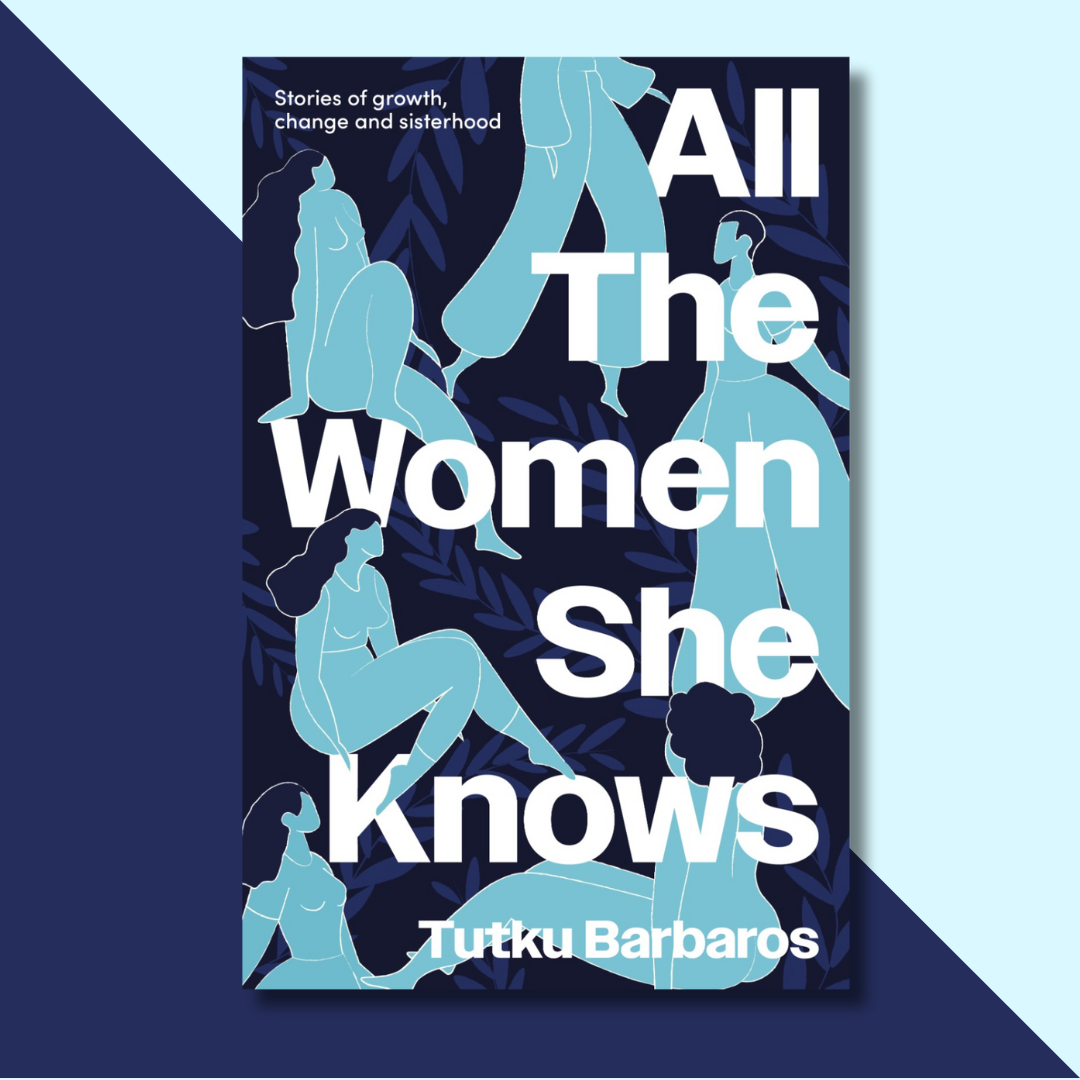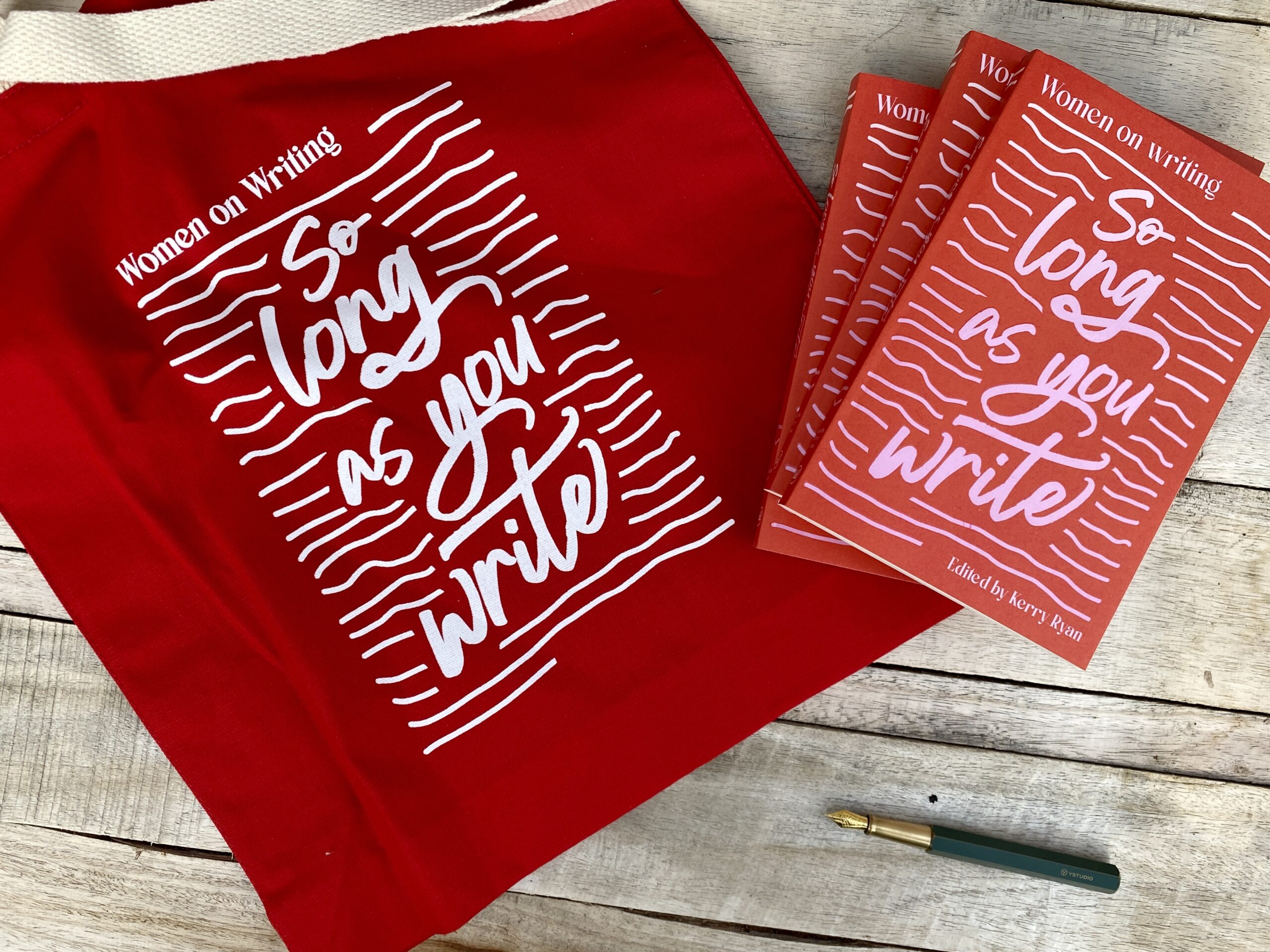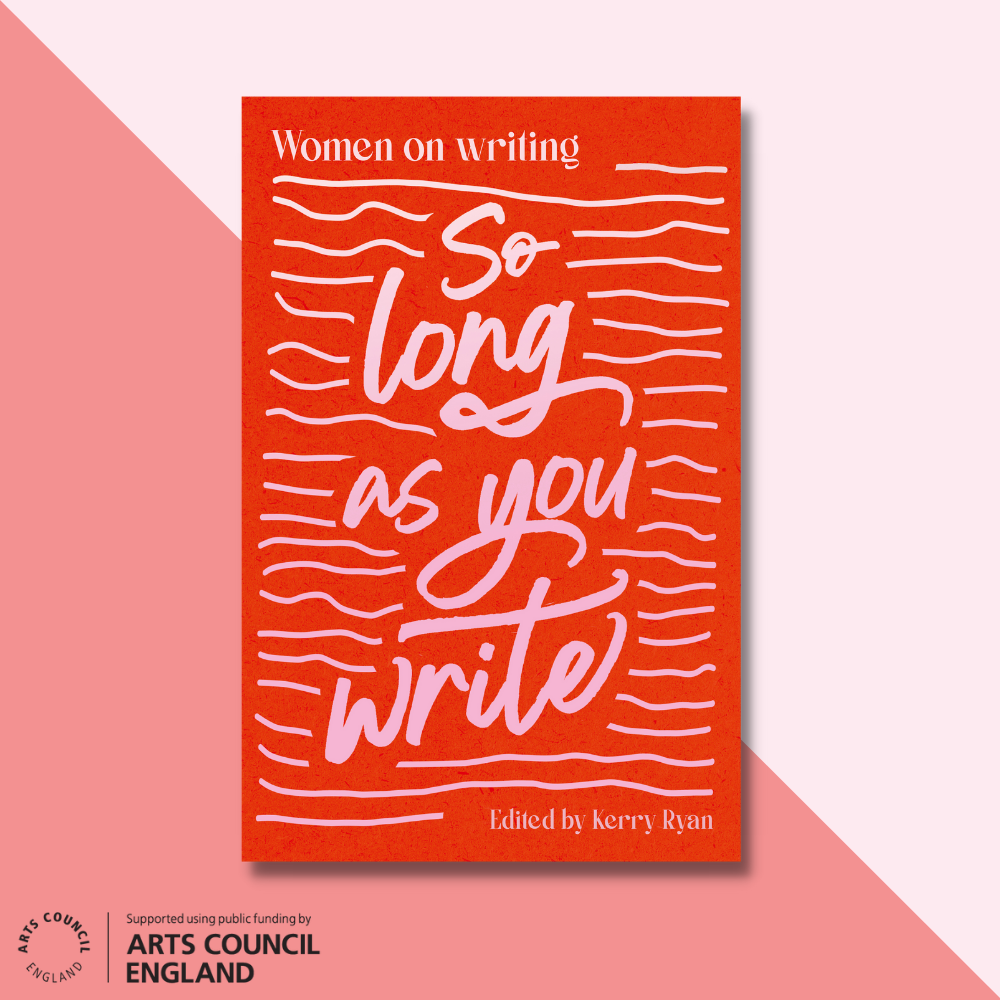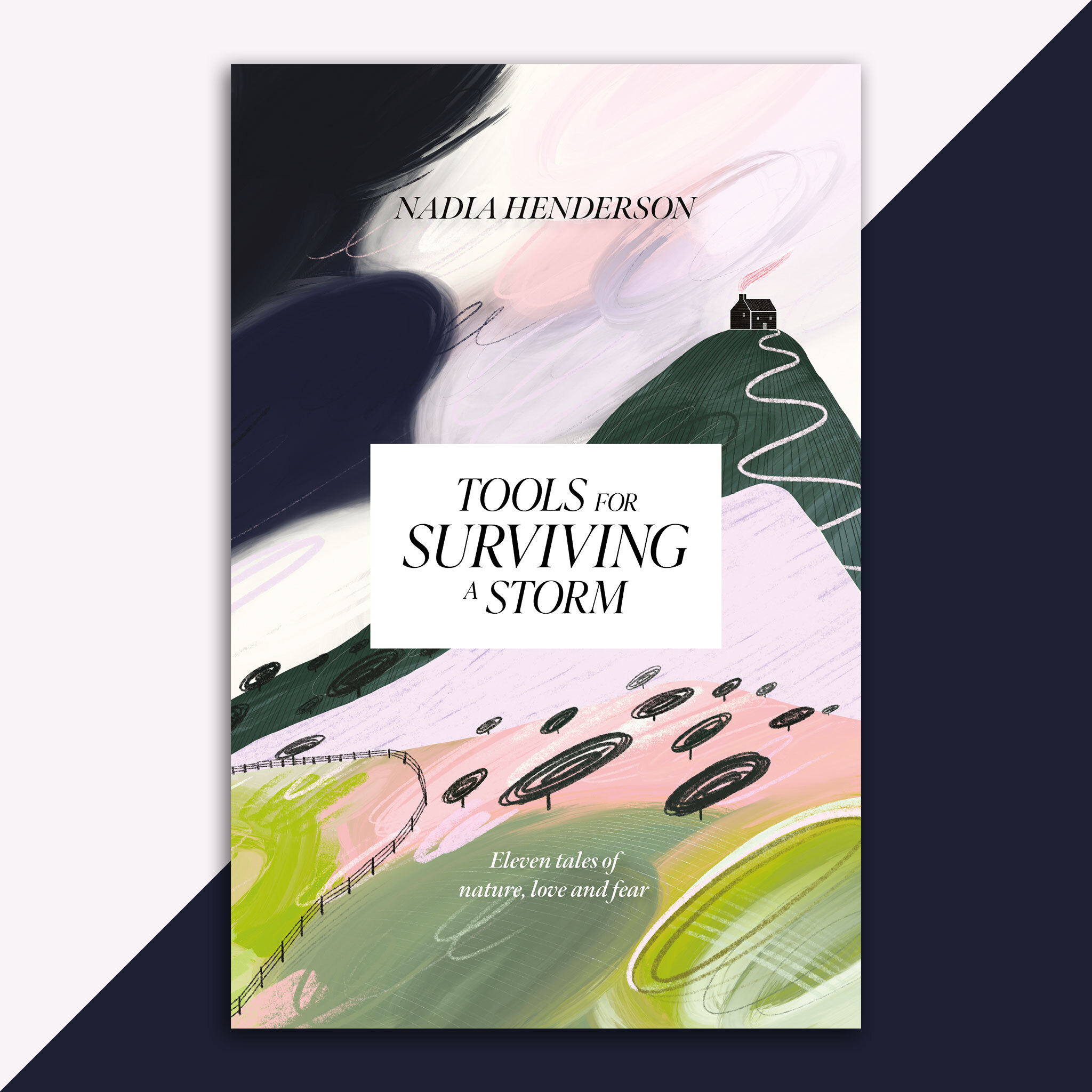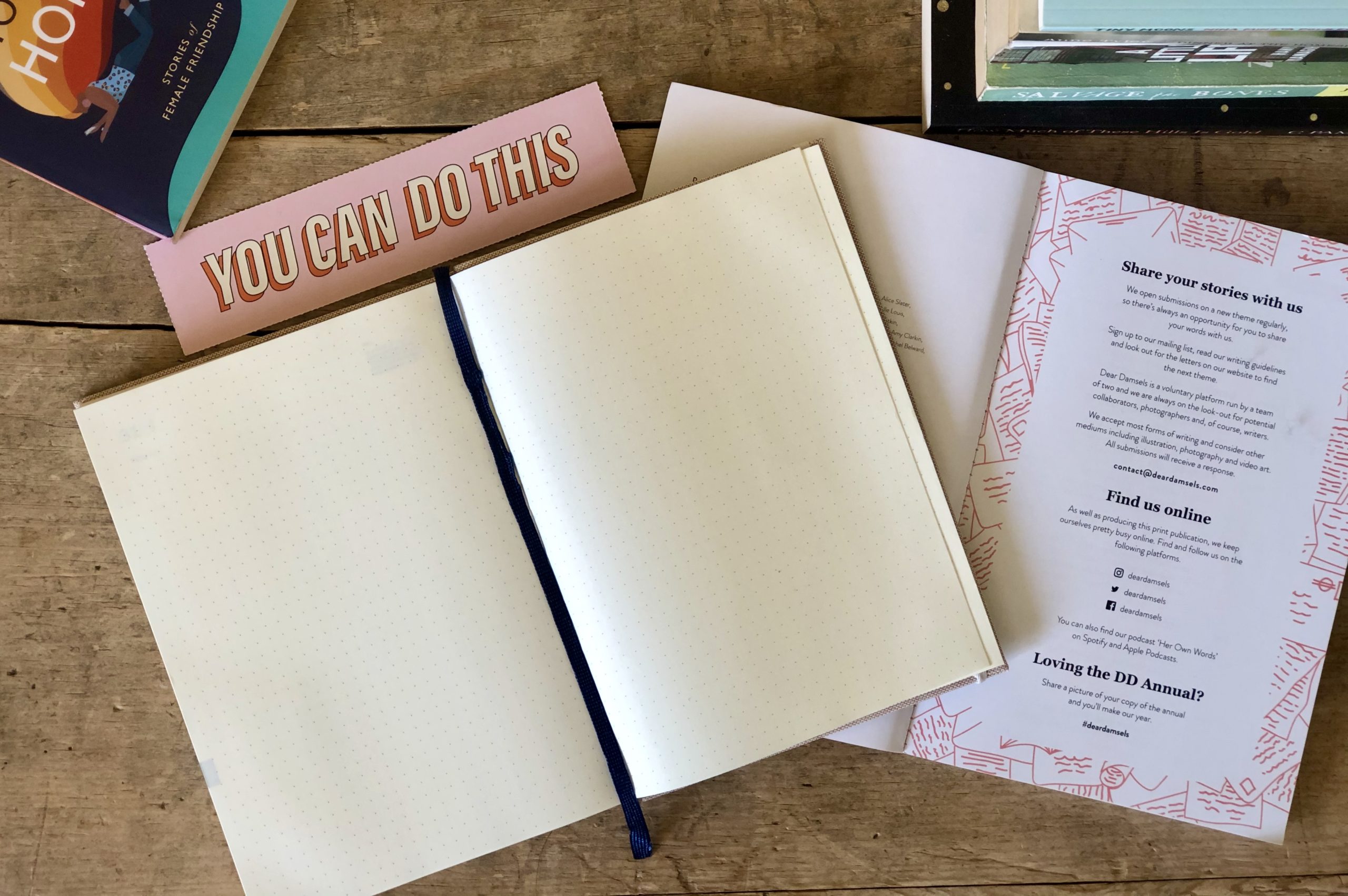Fixed Point
by Emer O’Toole
It’s 2017, and myriad stereotypes about Irish people linger. From the outdated (we all reside in thatched cottages with our fifteen siblings) to the offensive (we’re all violent alcoholics), there’s a whole range of prejudices we just can’t seem to shake. But there’s one perceived peculiarity we must hold our hands up and admit to: we worship potatoes.
Much has been written about the relationship between food and our formative years. Just as a song or scent can evoke a bygone era, food has a knack for transporting us back in time. For me, the link between cooking and time travel is epitomised by the spud.
When I was a toddler, if the glass on the kitchen door was misty enough for me to draw on, it meant the potatoes were ready. In summer, we’d bring Tupperware containers of potato salads on picnics. Wrapped up in damp towels, we’d scoff crisp sandwiches on Donegal’s beaches.
During my teenage years, we’d use big, greasy bags of chips as handwarmers as we mooched around the park on empty evenings, speculating about who we’d be when we passed our GCSEs and officially became adults. The second our R-plates were up, we’d speed to the McDonald’s drive-thru, music blasting whilst we devoured our fries. No uni night out was complete without a tipsy, 2am trip to the takeaway as we stumbled back to someone’s student flat. The (mortifying) fact of the matter is that potatoes have been more enduring than any job, relationship or address in my life.
If I sound deranged, don’t hold it against me. I come from a long line of potato-worshippers.
For my maternal grandparents, spuds were serious business. My granda – an otherwise mellow man – was a potato purist, refusing to eat any that had he hadn’t personally approved. This isn’t a rural, generational idiosyncrasy: a friend, on his year abroad in Chile, nearly fainted when his housemate returned from the shops with a box of powdered, just-add-water mash.
There are aspects of my grandparents’ eccentric diets I couldn’t comprehend (though given that they both made it to almost one hundred, maybe breakfasts of day-old porridge and salted bananas should replace quinoa and kale as superfoods). But to this day I find their esteem for potatoes endearing.
“If I sound deranged, don’t hold it against me. I come from a long line of potato-worshippers.”
We never left their house without a big sack of the goods. My grandfather’s reaction to hearing that I was on the way was an immediate, instinctual ‘Ooh! Good luck, love! Do you need any spuds?’ Potatoes weren’t just a foodstuff. They were sustenance, nourishment: a way to say ‘I love you’, ‘Take care’, ‘Remember your roots’.
The Irish don’t pedestalise this vegetable for purely sentimental reasons. Potatoes are practical. My paternal granny hated cooking; with seven kids to feed, who wouldn’t? But in Belfast at the height of the Troubles, potatoes were a fixed point in a dangerous, tumultuous world. Shops or houses you passed en route to school would often have been blown to smithereens by the time you headed home. The big, seven-pounded pot of potatoes boiling on the hob was a filling, affordable, comforting constant.
Maybe our love for potatoes is ironic: they’re part of the reason why so many Irish people fled in the first place. Phytophthora infestans was the name of the blight that rampaged during the Famine, killing a million people and scattering a million more. It’d be revisionist to blame the plants and ignore other contributing factors (hello, political inertia), but to this day, we remain a nation of immigrants.
Every year, thousands of Irish people emigrate, spurred by unemployment, a thirst for adventure, legalised homophobia, or a lack of reproductive autonomy. I often see Facebook statuses celebrating a Tayto crisp-filled care-package shipped to Australia, or ten-second Snapchats of acquaintances mashing potatoes in their tiny Williamsburg kitchens. Even those of us who feel abandoned by our politicians can’t seem to turn our backs on national produce.
Then, there are potatoes as solace. In my crummy student house, the kitchen was reserved for drinking and dancing, and my culinary repertoire was sparse. Later, in my Spanish apartment, cooking anything more sophisticated than toast was a logistical nightmare, thanks to our temperamental cooker and oven that expectorated black flecks of Christ knows what. Coming home to a pile of golden, crispy roast potatoes – served on actual plates, atop a table with four functioning legs – is up there with taking off your bra, switching off your 7am alarm on a Friday night, and drinking a pint in a sunny pub garden on life’s list of visceral delights.
Holly Golightly fled to the sacred halls of Tiffany’s when times were tough. Carrie Bradshaw coveted her closet. My happy place? My parents’ kitchen, with rain on the windows, the people I love around the table, and potatoes quietly, dependably, cooking away.
Emer O’Toole | @_emerotoole
Emer is a 22-year-old Modern Languages student from Belfast. She enjoys writing, reading, art, learning languages, travelling, list-making, and any activity that combines all of these things.
